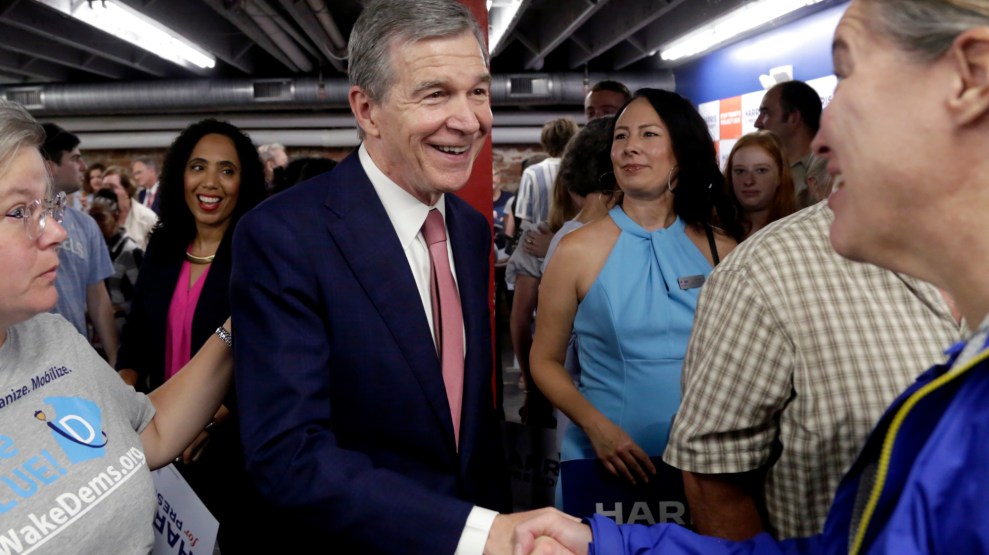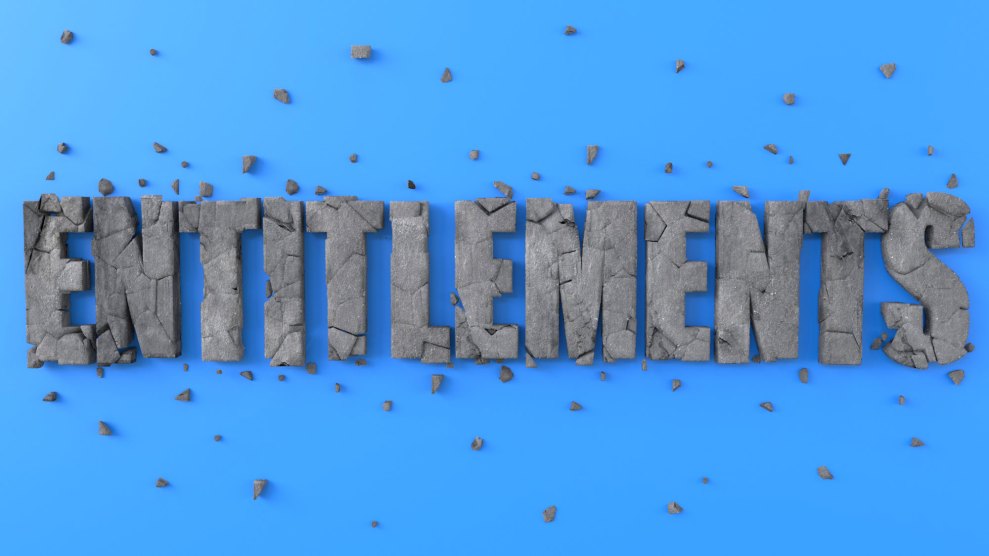Just about every week, it seems, the New York Times has yet another piece that adds fuel to what I’ve called the phony intergenerational conflict over health care. Last week it was about how we lucky Medicare-eligible oldsters are scarfing up our free health care while our slightly younger compatriots (ages 50-65) can’t even get health insurance. This week it’s even worse: We greedy old geezers, it seems, are now responsible for the deprivations faced by helpless little children.
In an “Editorial Notebook” entry this Sunday, Eduardo Porter laments the fact that a majority of people over 65 oppose health care reform efforts that would provide for the uninsured. Porter writes:
The elderly, of course, are already covered by government-run health insurance. The president’s plan offers them little. It might even trim some Medicare expenditures. But their opposition to the expansion of health insurance does make me wonder: what about the grandchildren?
So let me get this straight: The only way for the children of America to get the health care they need is for old people to give up some of ours? Never mind the insurance companies, whose useless, bloodsucking participation in the U.S. health care system raises costs by at least 20 percent. And never mind Big Pharma, who siphon another 10 percent or so directly into their runaway profit margins. Forget all about the bulging pockets of the private health care industry. The real reason little Timmy and Janey can’t afford to go to the doctor is because their selfish old granny wanted a hip replacement, and grandpa insisted on having his blood pressure meds.
But wait, that’s not all. Porter takes things a step further, suggesting that it’s old folks’ gluttony at the public trough that leaves millions of American children living in poverty:
The age gap sheds light on a deep generational inequity. In the United States, as in most industrial countries, government spending skews heavily in favor of the old. Social spending on the elderly amounted to $19,700 per person in 2000, according to one study; children got $6,380.
One might be tempted to think the spending imbalance reflects a difference in needs. After all, the elderly tend to get sick more and require expensive medical treatment. But children could do with more help too. The percentage of the elderly living under the poverty line dropped from 28.5 percent in 1966 to 9.7 percent last year. For those under 18, the incidence of poverty rose from 17.6 percent to 19 percent.
So let’s not talk about military spending, the Wall Street bailout, or the ridiculously low tax rates paid by the rich. Want to know the real reason why the world’s wealthiest nation can’t find money in its budget to lift nearly one in five of its children out of poverty? It’s all because of us greedy old geezers.
















